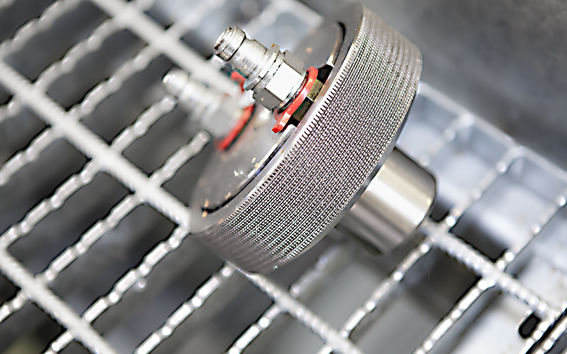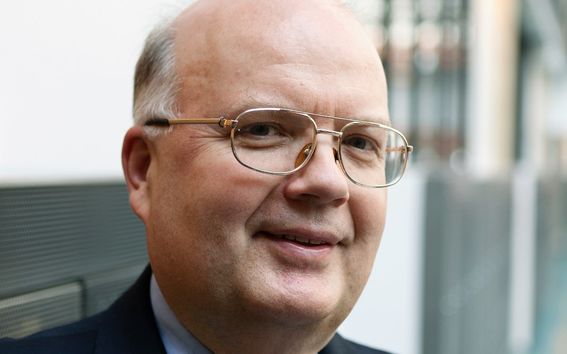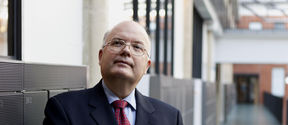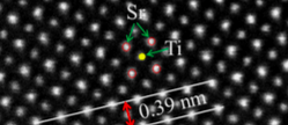New Energy Technologies (Renewable)

Research on new and renewable energy at Otaniemi Campus was initiated at the Department of Engineering Physics (then at Helsinki University of Technology) in 1979. Early activities included research on solar energy and energy storage, establishing the base for university teaching in new energy, but also coordinating the first national R&D programme in new energy in Finland 1988-1998.
In 2014, teaching activities were expanded into multidisciplinary energy science with elements from science, technology, economics and humanities.
In 2025, the new energy activities at Department of Applied Physics were rearranged due to the retirement of Professor Peter D. Lund (March 1). Most of the activities of the Group continue elsewhere through past group members, e.g. fuel cells and hydrogen technologies at Tampere University (Professor Imran Asghar) and solar energy at the University of Turku (Professor Kati Miettunen).
Part of the solar energy research also continues at the Department of Applied Physics in a new group Energy Materials & Interfaces (Professor Yaolin Xu, University Lecturer Janne Halme).
Advanced Energy Solutions Programme at Aalto University continues which several of the teaching activities which were discontiued at the department. Some minor activities will continue in the Group.

Group leader
Peter Lund
The group is lead by Professor Emeritus Peter D. Lund.
Research
Some minor activities mainly related to international collaboration in new energy will still be pursued in the Group.
These will include systematic issues in the energy transition, advanced flexibility solutions for new renewables (solar and wind), and nanomaterials for next generation energy devices, in particular energy storage and hydrogen technologies.
Latest publications
Thermodynamic optimization of bromine-mediated propane dehydrogenation system for efficient propylene and hydrogen production
Status and outlook of solid electrolyte membrane reactors for energy, chemical, and environmental applications
Research on single layer quasi-ordered air vortex inside flat plate solar collectors
Enhanced Charge Transfer in a Ni0.8Co0.15Al0.05LiO2|Sm2Ba1.33Ce0.67Cu3O9 Bilayer Heterojunction Symmetric Electrode for Protonic Semiconductor Oxide Fuel Cells
Enhancing the Performance and Photostability of Perovskite Solar Cells with a Multifunctional Light-Management Composite
Empowering Photovoltaics with Smart Light Management Technologies
Who to turn to? : Information collaging and peer information in hybrid renewable adoption
Improving ultra-short-term photovoltaic power forecasting using advanced deep-learning approach
Enhancing ceramic fuel cells stability via anode lithium content regulation based on anode-assisted in-situ densification of electrolyte technology
H2 treatment benefit stable operation for ceramic fuel cells with NFMNa electrolyte at lower temperature
Latest news

Inkjet printers and hydrogen dreams: Millennium Graduate Student winner Sanaz Zarabi Golkhatmi
Sanaz Zarabi employed a fabrication technique that promises to wildly increase the effectiveness of our renewable energy solutions. With it, she won first place in the Millennium Graduate Student Contest 2022.
Professor Peter D. Lund awarded high Chinese Honour
Renewable energy expert granted Jiangsu Award and Medal of Friendship






